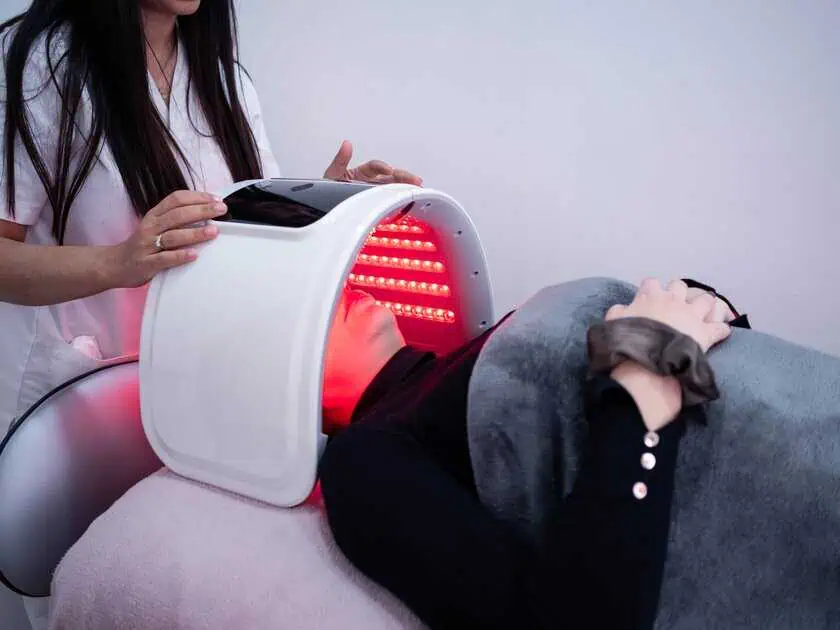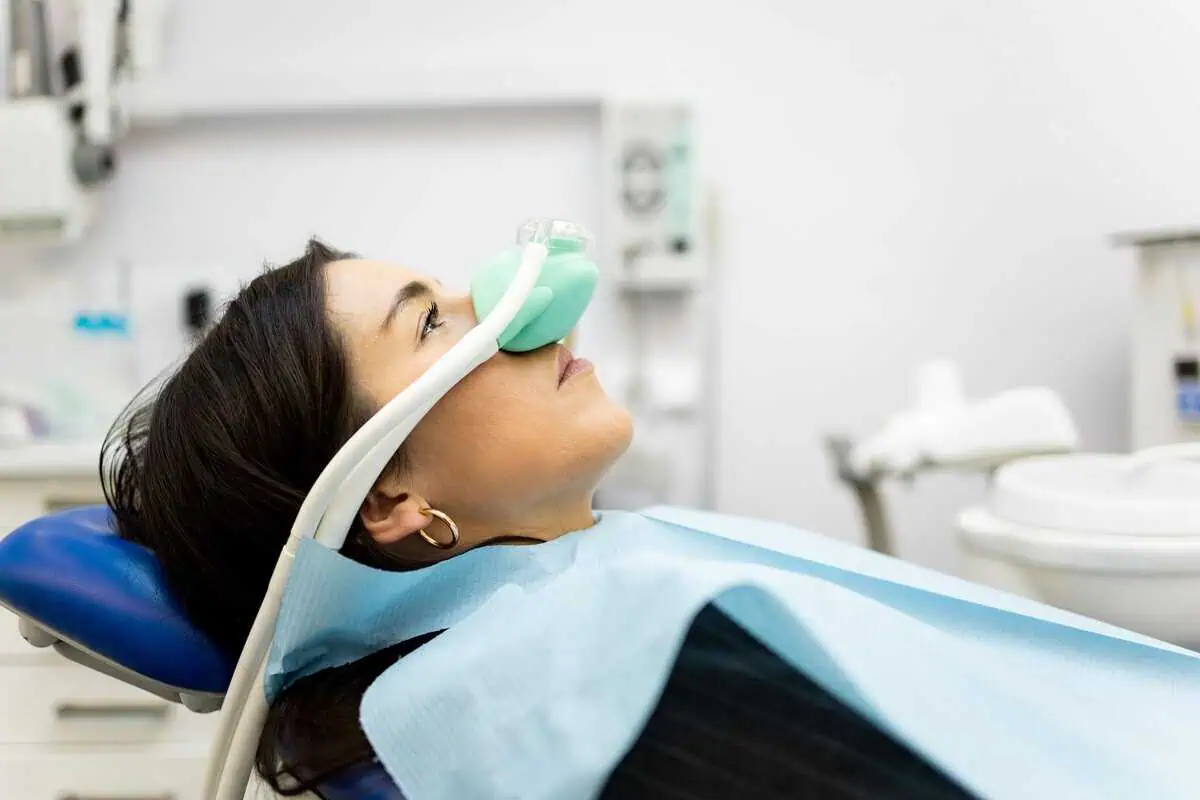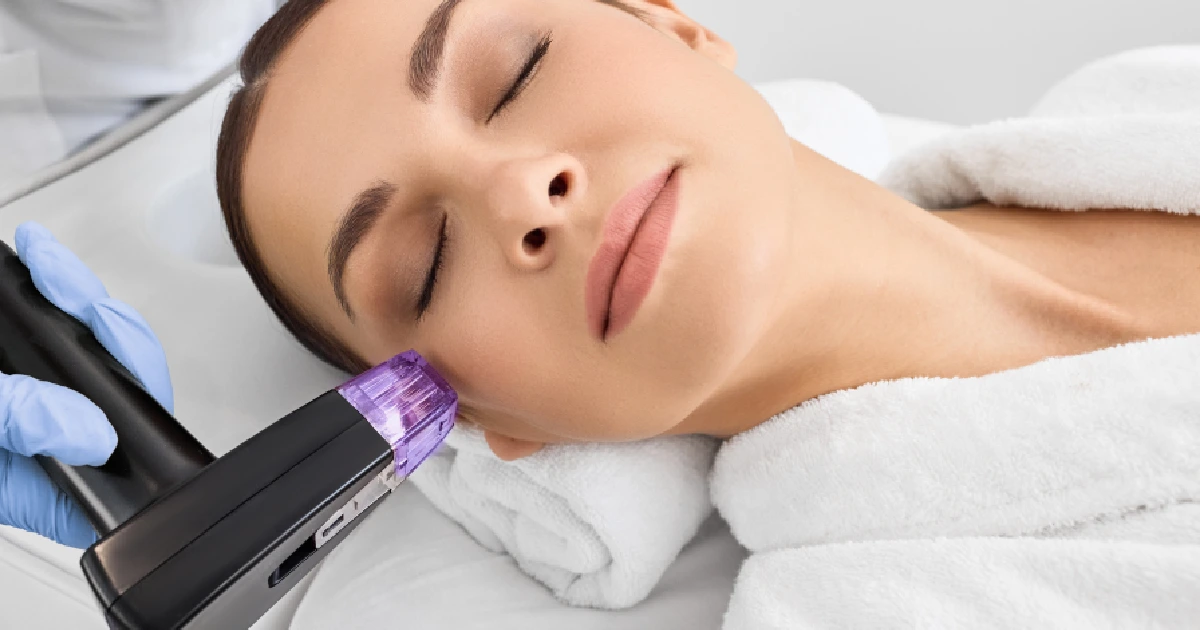Arthritis can feel like an unwelcome guest in your daily life—lingering stiffness, joint aches that slow you down, and the frustration of relying on medications that often mask the symptoms rather than address the root cause. For many, especially those looking to stay active and independent without long-term medications or invasive surgeries, the search for alternatives leads to PRP joint therapy in Waterloo, IA.
At Evolve Aesthetics and Regenerative Medicine, PRP joint therapy offers a promising, natural approach for individuals struggling with arthritis pain. If you’ve been considering options beyond pills and procedures, we will help you understand how PRP works, who it’s best for, and what to expect along the way.
Let’s take a closer look at this innovative treatment and why it’s gaining attention among people who want relief without the side effects of medication.
What is PRP Joint Therapy?
PRP joint therapy—short for platelet-rich plasma joint therapy—is a minimally invasive process that uses your body’s natural healing abilities to address joint pain, inflammation, and tissue degeneration.
Here’s how it works: A small sample of your blood is drawn & spun in a centrifuge to isolate the platelets from other blood components. The afflicted joint, usually the knees, hips, shoulders, or elbows, is carefully injected with this powerful solution, which is high in growth factors and healing proteins.
Enhancing tissue health, lowering inflammation, promoting the body’s healing processes, and easing arthritis-related discomfort are the objectives. PRP treatment for knee pain encourages healing at the cellular level, in contrast to drugs that merely treat symptoms.
Why does this matter to you? Arthritis isn’t just about pain—it’s about how that pain limits your ability to move, exercise, or even enjoy simple activities like walking your dog or gardening. PRP offers a way to address these concerns without the risks & recovery times associated with surgery.
Benefits of PRP Joint Therapy
- Minimizes Inflammation: PRP for joint inflammation can help calm chronic joint inflammation, which often causes pain & stiffness in arthritis.
- Eases Joint Pain: PRP injection for joint pain helps ease joint pain by tackling inflammation, relieving those who deal with daily aches and discomfort.
- Improves Joint Function: As inflammation decreases and tissues start to heal, many people notice they can move around better, making everyday activities much easier.
- Minimally Invasive, Natural Approach: PRP uses your platelets, a minimally invasive and natural option. This means there’s a lower chance of allergic reactions or rejection.
- Potential for Longer-Lasting Relief: Unlike medications you must take constantly, PRP therapy might provide relief for several months or even longer, depending on the individual.
- Supports Active Lifestyles: Whether you’re managing a busy career, enjoying weekend hikes, or want to keep up with your kids, PRP may help you stay moving with less pain.
- An Option When Other Treatments Haven’t Helped: For some, PRP offers a path forward when physical therapy, medications, or other conservative measures haven’t provided enough relief.
While PRP is not a cure for arthritis, it can be a valuable part of a comprehensive approach to joint health, especially for those looking to avoid or delay surgery.
Who is PRP Joint Therapy Best For?
PRP for knee osteoarthritis isn’t for everyone, but it can be an excellent option for:
- Adults with Mild to Moderate Osteoarthritis, especially those with knee involvement, which is the most common site for PRP injections.
- People Looking for Non-Surgical Solutions: If you’re hoping to avoid or postpone joint replacement surgery, PRP may help.
- Active Individuals: Whether you’re an avid golfer, love cycling, or want to stay mobile, PRP may support joint health without significant downtime.
- Those Wary of Medication Side Effects: PRP provides an alternative for people concerned about the long-term effects of anti-inflammatory drugs or painkillers.
- Individuals Who Have Not Responded Well to Other Treatments: PRP can be an option when other non-surgical treatments haven’t provided sufficient relief.
It’s important to note that PRP therapy is not recommended for pregnant or breastfeeding women or those with active infections in the joint or surrounding tissues. Always consult a medical professional to ensure PRP is safe & appropriate for your health needs.
What to Expect: Process, Timeline, and Results
Before Your Appointment
- Consultation: A thorough analysis of your joint health, medical history, and lifestyle. This ensures you’re a good candidate for PRP therapy.
- Preparation: You may be asked to avoid anti-inflammatory medications like ibuprofen for a few days before treatment, as these can interfere with the natural healing response.
On Treatment Day
- Blood Draw: A tiny blood sample is drawn from your arm.
- PRP Preparation: The blood is processed utilizing a centrifuge to separate and concentrate the platelets.
- Injection: The PRP is injected right into the affected joint. The procedure typically takes about 45–60 minutes from start to finish.
After Your Treatment
- Mild Discomfort: Some soreness or swelling at the injection site is normal & typically resolves within a few days.
- Activity Level: Most patients can quickly resume light activities shortly after the procedure, but are advised to avoid strenuous exercise for a few days.
- Follow-Up: Improvement is often gradual, with many noticing benefits within 2–6 weeks. Best results are usually achieved after 3–6 months.
How Long Does It Last?
While individual results vary, many patients report relief lasting 6 to 12 months or longer. Some may choose periodic maintenance injections depending on their condition and lifestyle goals.
Frequently Asked Questions
How long do PRP injections last for arthritis?
Results vary, but many patients experience pain relief for 6–12 months or longer. Regular follow-up treatments can help maintain results over time.
Is PRP safe?
PRP is generally safe because it utilizes your body’s platelets. Mild side effects like swelling, bruising, or temporary discomfort are common, but serious complications are rare.
Does PRP therapy hurt?
Most patients describe the injections as tolerable, similar to a typical shot. Any soreness typically resolves within a few days.
Does insurance cover PRP therapy?
Coverage varies by insurance plan; many consider PRP an elective or experimental treatment. It’s best to check with your provider.
Ready to Explore PRP Joint Therapy in Waterloo, IA?
If joint pain is slowing you down, consider a different approach. PRP joint therapy at Evolve Aesthetics and Regenerative Medicine offers a natural, minimally invasive option to support your joint health and help you get back to the activities you enjoy.
Whether you have arthritis in your knees, hips, or other joints, this treatment could help you regain mobility, reduce pain, and avoid the long-term use of medications. Book your PRP Joint Therapy session today to learn more about how this innovative approach can support your joint health and wellness goals.
Glow Up Your Joints
If joint pain prevents you from moving forward, consider a different strategy. Evolve Aesthetics and Regenerative Medicine’s PRP joint therapy is a natural, minimally invasive way to support joint health and help you resume your favorite activities.
This treatment may help you regain mobility, lessen pain, and avoid the long-term use of medications if you have arthritis in your hips, knees, or other joints. Contact us now! Let us help you achieve your joint health and wellness objectives.



